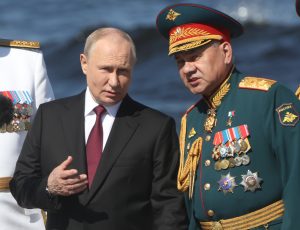Soccer players around the world face the decision of whether to pass the ball or not during each match. While it may not be surprising that higher skilled players exhibit better execution of actions than lower skilled ones, a research team led by Osaka Metropolitan University has found that the neural process to suppress actions also plays an important role. Research Center for Urban Health and Sports Assistant Professor Takahiro Matsutake and colleagues conducted an experiment to see how players of different skill levels perform when faced with the same tasks.
The experiment involved recruiting 14 collegiate soccer players, with half of them being highly skilled and seven graduate students who did not have formal soccer training. All 21 participants were men. During the experiment, a series of photographs were shown to the participants, displaying different arrangements of defenders and offensive teammates from a first-person perspective. The participants had to push a foot switch button if a pass downfield between two defenders was possible. The researchers found that the reaction time was significantly shorter in the higher skilled group compared to the novice group, and there was less variability in the higher skilled group.
Additionally, electroencephalographs revealed neural waveforms that showed stronger processing of inhibition, which restrains a motor response, in the higher skilled players. This suggests that higher skilled players have better neural processes for suppressing actions when needed. Professor Matsutake expressed enthusiasm for the results of the research, stating that it will help advance our understanding of the perception, cognition, and behavior of soccer players. He also mentioned that future research will focus on whether training related to response inhibition can improve player performance and establishing effective training methods.
Overall, the findings of the study provide valuable insights into the cognitive processes of soccer players and how they influence decision-making on the field. By understanding how higher skilled players are able to suppress actions more effectively, coaches and trainers may be able to develop more targeted training methods to improve player performance. The research published in Brain Sciences offers a new perspective on the neural mechanisms involved in soccer player decision-making and could potentially lead to advancements in training techniques for athletes.





